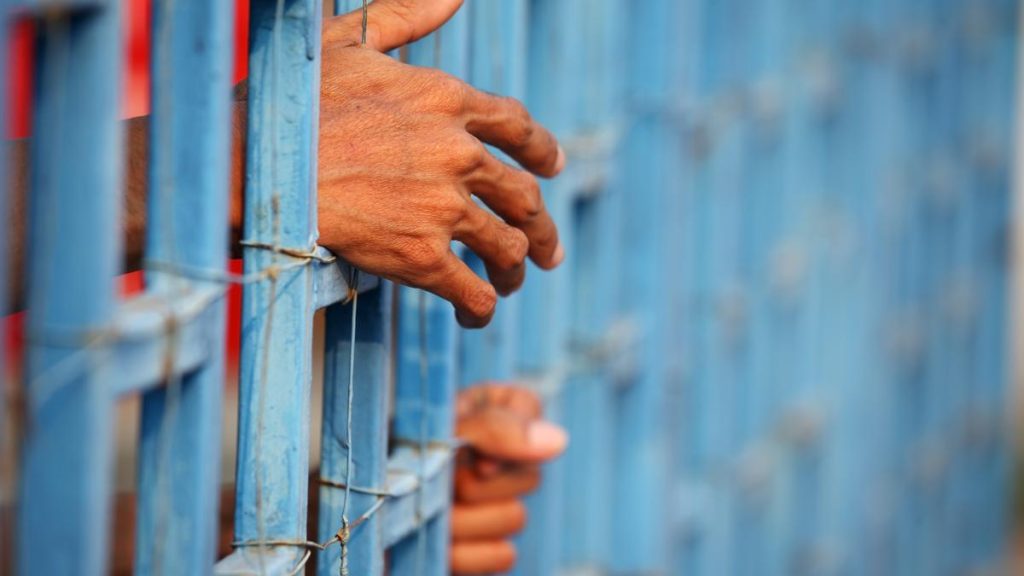Now Reading: Kerala Govt Mulls Black Magic Ban, Informs High Court
-
01
Kerala Govt Mulls Black Magic Ban, Informs High Court
Kerala Govt Mulls Black Magic Ban, Informs High Court

Quick Summary
- KeralaS State government informed the High Court that a legislation banning black magic, sorcery, and other superstitious practices is under consideration after previously postponing decision due to “legal complexities.”
- A Division Bench of Chief Justice Nitin Jamdar and Justice basant Balaji requested details on the legal complexities surrounding the proposed legislation.
- The High Court also asked for data regarding cases registered under existing laws such as BNS Act, police Act, and POCSO Act in connection with black magic over the past five years. Hearing scheduled for August 5.
- Earlier in June 2023, the Cabinet decided not to proceed with a draft Bill titled ‘The Kerala Prevention and Eradication of Inhuman Evil Practices, Sorcery and Black Magic Bill, 2022,’ despite recommendations from the Law Reforms Commission.
- The PIL seeking this legislation was filed by Kerala Yukthivadi Sangham after incidents like ritual human sacrifice in Pathanamthitta district (2022).
- State government argued that courts cannot compel legislatures to pass laws; however, High Court directed clarification on measures to curb harmful rituals if no new law is introduced.
Indian Opinion Analysis
This case underscores a meaningful tension between societal demands for legislative action against harmful superstitious practices and potential legal or procedural constraints faced by governments. while it is evident that existing laws such as POCSO Act may provide some framework for addressing extreme cases linked to black magic or sorcery (e.g., human sacrifices), they might fall short in effectively curbing widespread abuse stemming from risky beliefs.
The decision not to proceed with specific anti-superstition legislation contrasts with successful examples like those enacted in maharashtra and Karnataka. This comparison draws attention to possible gaps within Kerala’s approach despite its history of progressive reforms. However, as noted by the judiciary understanding its limitations – no court can mandate lawmakers into enacting policies – finding alternative systems may remain critical until larger consensus emerges.
Given public interest litigation originated following deeply unsettling crimes against women tied strongly w/ supernatural elements truly creates real push grounds state proposals longer delays implications social actions higher concerns reforms basis future capacity gaps data highlighted pending court analysis add credibility issue ranks prevents repetition moral safety citizens stabilize norms society consistently pathway formed disconnect fears criticisms remains unresolved awaiting transparency commission outputs rethink























